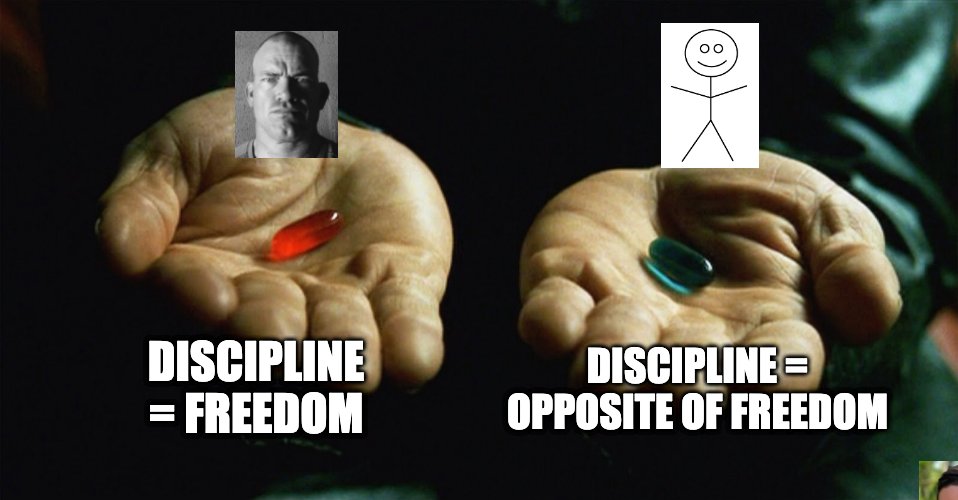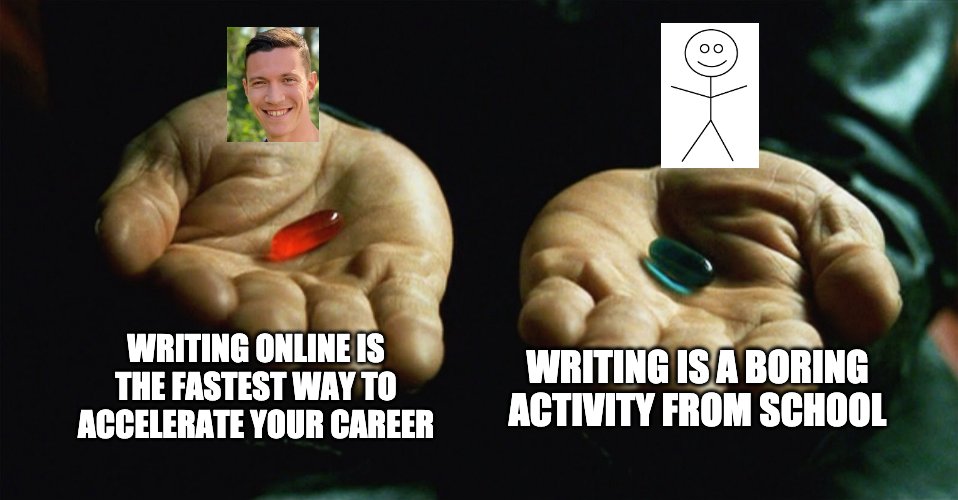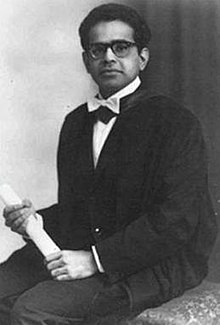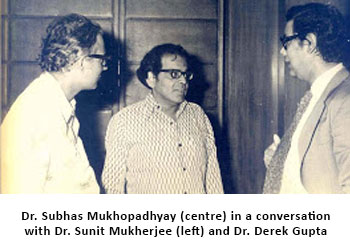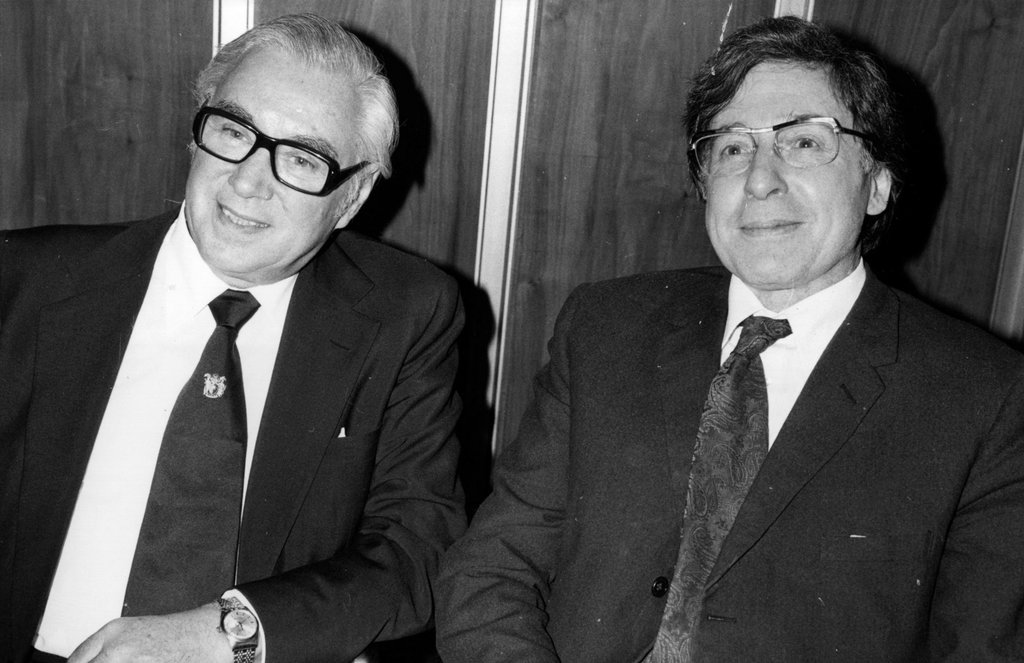2/n
Writing Emails to Professor; Important tips & Samples for your consideration
Every year, Profs get several emails from students & difficult to accept all. You want to ensure yours is concise & deserve a response. This thread will provide insight & some samples you can use.
1/n
2/n
3/n
4/n
1. Your email should not be verbose. Ideally, I'd keep within 3 paragraphs (something one can read in 2minutes)
2. You can attach CV & Transcript, but not in a drive or folder. Have it there as an attachment, they decide to open it or not
5/n
4. Ensure you have a signature (you can set it up in your email). If I ever sent you an email, you'd have seen mine- use something like that.
6/n
6. Be sure all your claims (either about their work or yours) are accurate. DON'T GIVE THE WRONG IMPRESSION.
7/n
8. Don't appear too desperate to join, show you have a value to add & convince them to believe in you.
8/n
More from Marketing
they're the cheapest classic car on the market https://t.co/imorvNSZcI
— Zoomcock Archivist \U0001f30b (@canderaid) December 17, 2020
i almost feel bad for the guy, because someone this absolutely clueless about how he sounds really shouldn't be allowed to post under his own name.
he seems like someone who *genuinely* means well most of the time, but it extremely easy to excite and wind up, and who is just profoundly dense about the wisdom of getting wound up the way he does in public.
on the other hand, the tara reade business was indefensible, exploitative, and gross. if there is ever a writer who desperately needs an editor to save him from himself, it's nathan robinson.
i had a few friends in high school who were well-meaning, wealthier than they realized, and in drama class, and most of them grew out of their nathan robinson stage because, well, it was oklahoma. there's almost something a little charming about the fact that he didn't.
More competition, more expensive clicks.
How to master 5 FREE marketing channels:
1. Email Newsletters
Ethan Brooks offers a million dollars of value in this mega-thread on how to build a 7-figure newsletter
1/ How 7-Figure Newsletters Work
— Ethan Brooks (@damn_ethan) July 11, 2021
Stoked to get back to writing about newsletters here.
For easy reference, you can find all the threads below (will keep this updated).
Based on months of dedicated research and dozens of interviews with operators across the industry.
Enjoy! pic.twitter.com/EMnenqRxYs
2. SEO
Hrishikesh Pardeshi, founder of Flexiple and Buildd, reveals his 30-step framework for how a startup should approach
My 30-step SEO strategy for startups based on 4 years of learnings, marketing & growing my startups to 1 million+/month organic traffic. pic.twitter.com/8OQhF8K6Tl
— Hrishikesh Pardeshi (@hrishiptweets) November 18, 2021
2. SEO (continued)
Yannick from Hypefury delivers a powerful guide to key SEO concepts with examples, tools and recommended videos to dive
I have 15+ years of digital marketing experience.
— Yannick | Marketing & Growth (@Yannick_Veys) July 12, 2021
I condensed everything I know about SEO in one single thread including videos from industry experts.
When you finish this thread you can literally start your own SEO agency and start making money online.
3. Organic Twitter
Learn how Aadit Sheth writes killer threads that have earned him over 80K
The Twitter algorithm loves threads.
— Aadit Sheth (@aaditsh) September 6, 2021
If you struggle with writing, know I used to as well.
I eventually overcame it.
6 steps to writing threads that crush it on Twitter:
You May Also Like
It's all in French, but if you're up for it you can read:
• Their blog post (lacks the most interesting details): https://t.co/PHkDcOT1hy
• Their high-level legal decision: https://t.co/hwpiEvjodt
• The full notification: https://t.co/QQB7rfynha
I've read it so you needn't!
Vectaury was collecting geolocation data in order to create profiles (eg. people who often go to this or that type of shop) so as to power ad targeting. They operate through embedded SDKs and ad bidding, making them invisible to users.
The @CNIL notes that profiling based off of geolocation presents particular risks since it reveals people's movements and habits. As risky, the processing requires consent — this will be the heart of their assessment.
Interesting point: they justify the decision in part because of how many people COULD be targeted in this way (rather than how many have — though they note that too). Because it's on a phone, and many have phones, it is considered large-scale processing no matter what.


